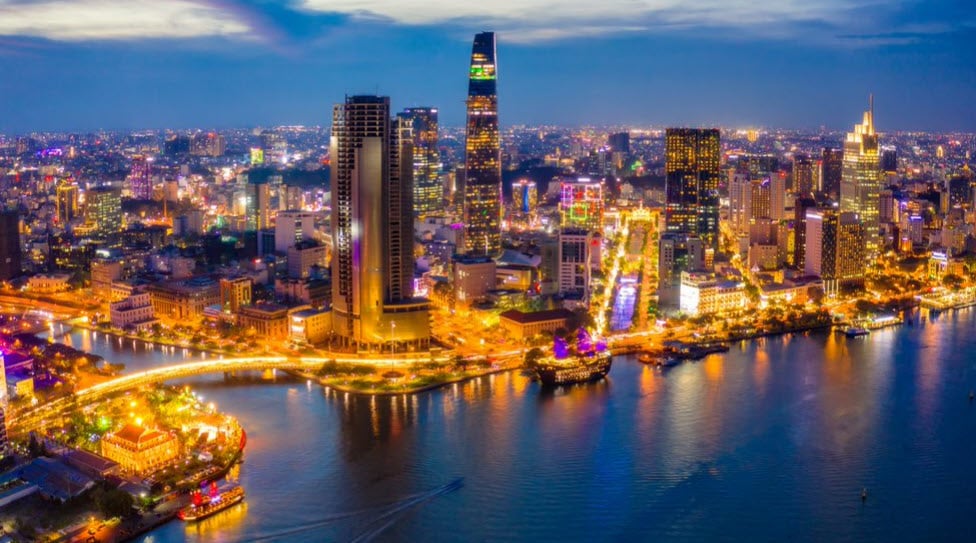In brief
The government and Ministry of Plan and Investment (MPI) is currently working on the draft resolution of the National Assembly (NA) to amend the NA’s existing Resolution No. 119/2020/QH14 on “the pilot implementation of the urban governance model and various mechanisms and policies for the development of Da Nang city.”
In detail
Below is our summary on the incentive policies for semiconductor and AI industries under the draft resolution:
- The draft resolution provides a list of prioritized projects aiming to attract strategic investors. Regarding the investment scale, the minimum expected investment capital for AI projects is VND 2 trillion (approximately USD 800 million), while for semiconductor projects it is VND 4 trillion (approximately USD 1.6 billion).
- Among others, the draft resolution provides incentives for strategic investors and strategic partners.
- To be recognized as a strategic investor, an AI project investor must have a minimum charter capital of VND 500 billion (approximately USD 20 million). For the semiconductor project, the investor is required to have at least VND 1 trillion in charter capital (approximately USD 40 million).
- A strategic investor may become the city’s strategic partner in the areas of semiconductor and AI if it (i) operates a business within prescribed priority industries, (ii) has global revenue in the last year of USD 1 billion, (iii) commits to supporting the city in software, hardware and human resources to develop the semiconductor and AI industries, and (iv) demonstrates a long-term commitment to the city for a minimum period of five years.
- Incentives for recognized strategic investors/partners include special procedures regarding land lending, investment project registration and public procurement, as well as prioritized customs procedures and tax procedures for export and import of the projects’ goods. In addition, to incentivize strategic investors, the draft resolution offers 150% of actual R&D costs as deductible expenses for corporate income tax calculation, granting corporate income tax exemption for five years from the date of income generation within the city.
- Specifically for semiconductor projects, there are particular supports for equipment purchase (not exceeding 5% of total equipment costs), asset relocation/technology costs and expenses for new semiconductor investment projects.
As a next step, the MPI and the government will submit the draft resolution to the NA (for review and approval) in the NA’s upcoming plenary meeting session in May 2024, following an expedited procedure.
In conclusion
While the draft resolution focuses on Da Nang, this marks a significant milestone in the policymakers’ determination to promote the semiconductor and AI industries in Vietnam. Following this pilot scheme, broader policies covering other cities/provinces in Vietnam may also be rolled out.
We are closely monitoring the progress of the relevant matter and will update you on the latest developments.







